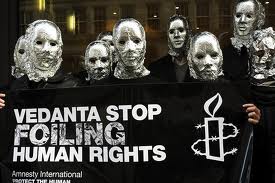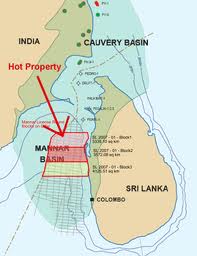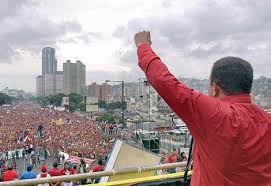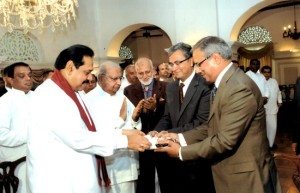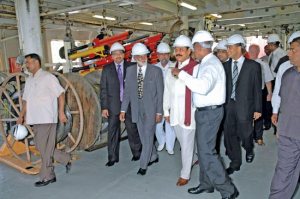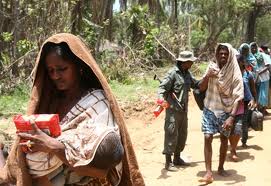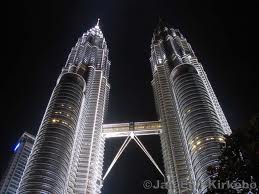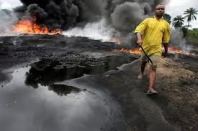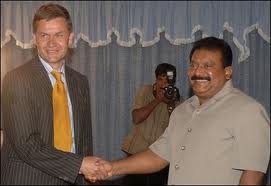It was a quest for survive that pushed Vedanta to find another, lucrative business. In fact its plan for more than $5.8 billion to increase the Aluminium production has been rejected by the government, due to mounting international pressure to protect the Adivasis in Niyamgiri Hills[1]. The repercussion of that failure is big enough to be the mover for the challenge against Ambani’s Reliance.
The Mannar Basin oil fields were ideal. Unfortunately the Sri Lankan civil war was a major obstacle, with the fierce LTTE ready to go all way for the cause of independence. The Sri Lankan government lacked the political will to annihilate the rebels.
In fact 20 years ago, when the Indian Peace Keepers intervened in the fight, Colombo incredibly re-armed the rebels, just to kick out New Delhi from the island[2]. In 2005 the parties were close to a peace treaty. But while Sri Lanka was ready to devolution, the LTTE wanted a clear path to secession. Meaning: conflict could last for another generation.
So the new President Rajapaksa changed the strategy[3]: now it was complete destruction of the rebels. Why this stance wasn’t adopted earlier? Two reasons: civilian casualties involved in chasing the guerrilla forces. And India. New Delhi never really approved the elimination of the LTTE (though responsible of the killing of Rajiv Gandhi). But in 2006, the Indian position changed. Suddenly New Delhi offered complete support: maritime patrol, electronic surveillance, military and political backing (the Tamil nationalist sentiment in Tamil Nadu were controlled by the then Chief Minister, Mr Karunanidhi, a hard-core supporter of LTTE, but involved in a personal scandal during that period[4]).

In 2009 80000 Tamil civilians have been massacred on the shores of Nandikadal lagoon and in Mullivaikal.
The rest is history: from the bloody shores of the Nandikadal lagoon, 280 000 Tamil civilian come out, leaving behind possibly more than 80000 dead. The fate of the Tamil population in their land now is the one of an occupied country. The military presence is strangling any activity.
But the Mannar Basin fields are blooming. In 2013 Sri Lanka launched another bidding round, this time everybody in the sector was queuing: Exxon, Total, Gazprom, Eni[5].
Clearly the news of Cairn-Vedanta success reached the big players of oil and gas.
The question now is: who could provoke a radical change in the Indian policy towards Sri Lanka? Cairn is out of the question.
Vedanta entered the game only in 2011, when the war was over since 2 years. If you believe in conspiracy, you could suspect that Vedanta chased the deal much earlier, convinced the Indian government to intervene in its favour and Cairn to spearhead the negotiation to avoid attention.
Of course this is just an exercise of speculation.
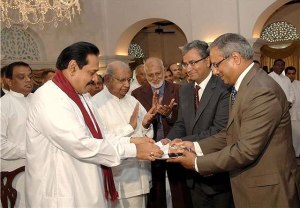
The signing ceremony of the agreement of petroleum resources between the Government of Sri Lanka and Cairn India (Pvt. Ltd) . President Mahinda Rajapaksa, Minister of Petroleum and Petroleum Resources A.H.M. Fowzie and Indrajith Benerjee, Chief Finance Officer and Ajay Gupta Head of Commercial and New Business of Cairn India .
Photo Sudath Silva
[2] http://www.epw.in/commentary/sri-lanka-s-arming-ltte-against-ipkf-mystery-kobbekaduwa-s-death.html
[3] https://srilankanquest.wordpress.com/2012/06/23/the-pillars-of-rajapakses-wisdomindian-support-crash-the-ltte-and-no-stop-business/
